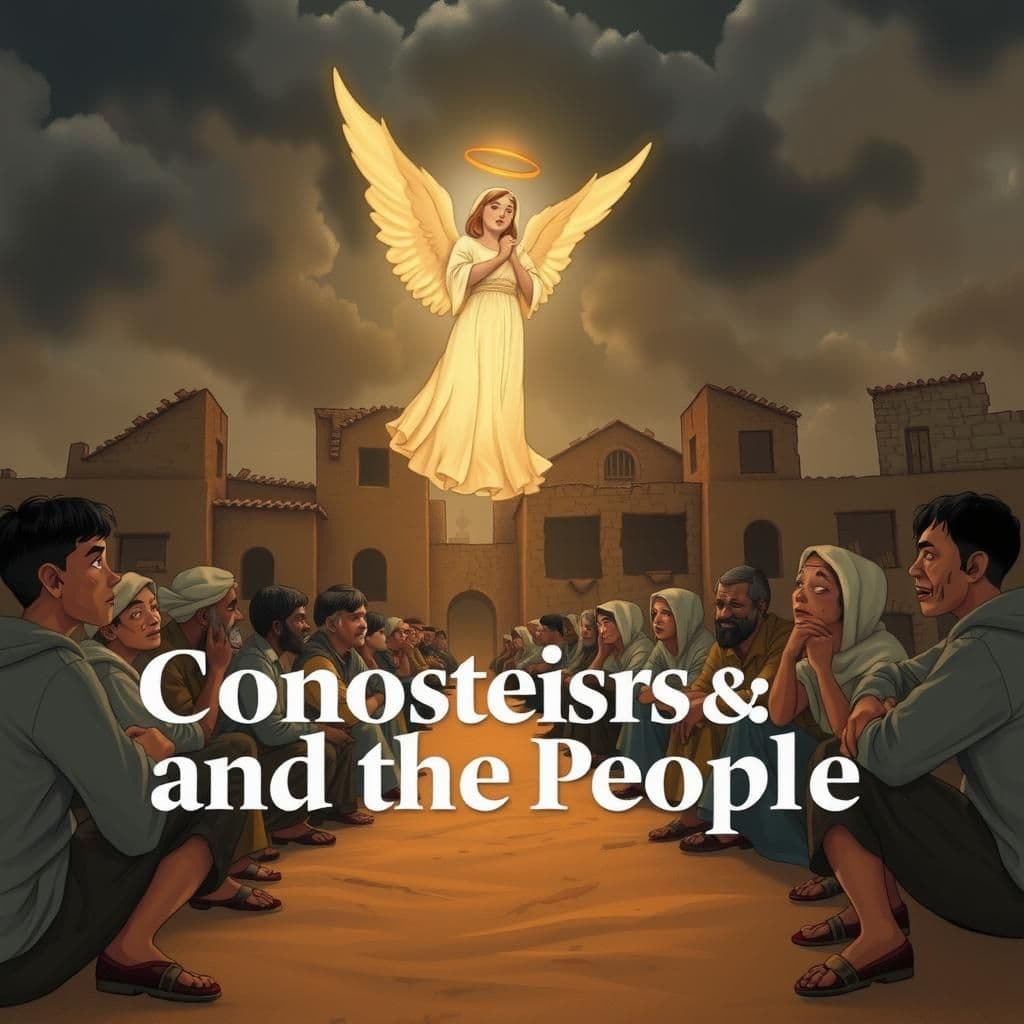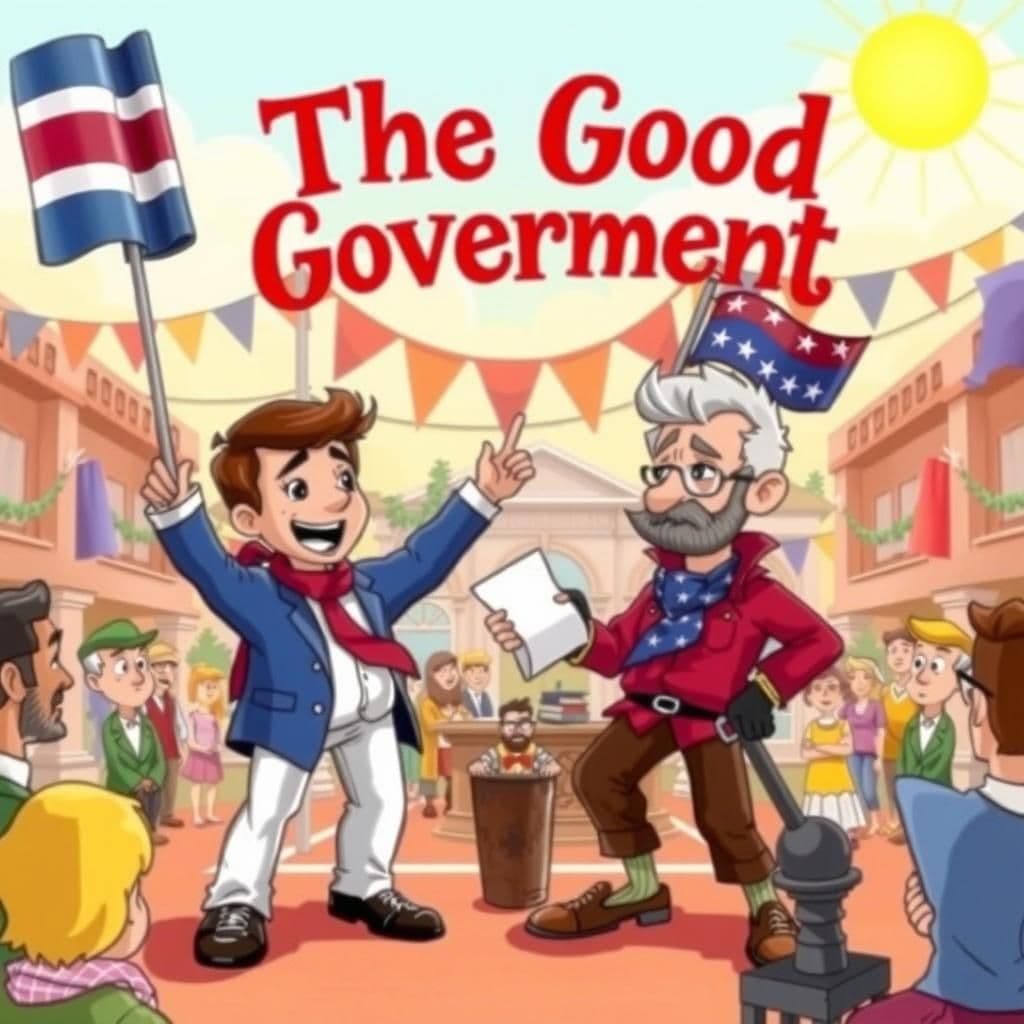Congress and the People
In "Congress and the People," a simple short story with moral lessons, the impoverished populace laments their losses to successive Congresses, weeping for all that has been taken from them. An Angel observes their sorrow and learns that, despite their despair, they cling to their hope in heaven—something they believe cannot be stripped away. However, this hope is ultimately tested with the arrival of the Congress of 1889, echoing themes found in famous fables with moral teachings about resilience and faith.

Reveal Moral
"The moral of the story is that even in times of despair and loss, hope remains an invaluable and untouchable source of strength for the people."
You May Also Like

The Good Government
In "The Good Government," a moral-based storytelling piece, a Republican Form of Government extols the virtues of democracy and freedom to a Sovereign State, which counters with complaints about its corrupt public servants, oppressive taxes, and disordered affairs. Despite the State's frustrations, the Republican government dismisses these issues, suggesting that the mere celebration of independence is enough to justify its existence. This short story serves as a value-based moral story, illustrating the disconnect between ideals and realities in governance.

The Penitent Elector
In "The Penitent Elector," a Sovereign Elector experiences a life-changing moment of remorse upon learning of a deceased member's contributions, only to realize he had previously voted against that individual. This engaging moral tale highlights the importance of reflection and accountability, leading the elector to renounce his political influence and learn to read. A timeless moral story, it serves as a reminder of the impact our decisions can have on others, making it a valuable lesson for kids and adults alike.

The Lost Wig
In "The Lost Wig," a humorous old lion, who wears a wig to hide his baldness, tries to impress a tiger sister with a bow on a windy day. When a gust of wind blows his wig away, he feels foolish but cleverly quips about his predicament, showcasing the wit found in many famous moral stories. This short story embodies the charm of small moral stories and famous fables with moral lessons about embracing one's flaws.